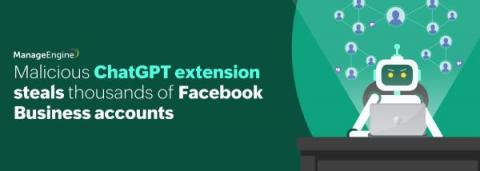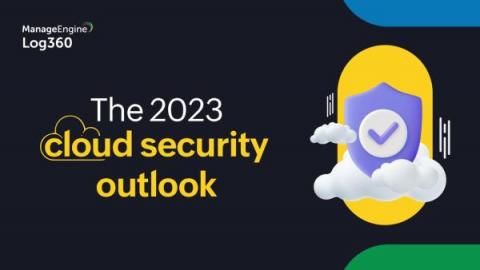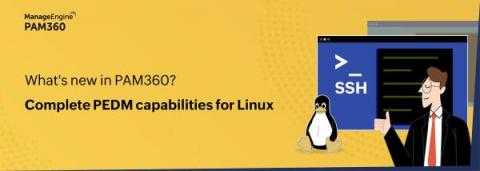Data sovereignty in the cloud: A Canadian perspective
Cloud computing has made its way to organizations’ IT infrastructure strategy rapidly over the past few years. In particular, Canadian businesses are showing an increased adoption. This article decodes how Canada’s IT infrastructure shaped up in the last decade, why data sovereignty is now a hot topic, and what the future holds for the cloud. While on-premises IT infrastructure continues to be relevant even today, both SMBs and enterprises are now embracing the cloud more than ever.











